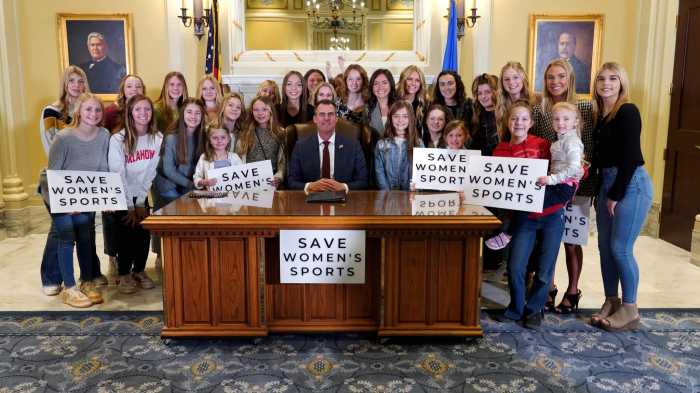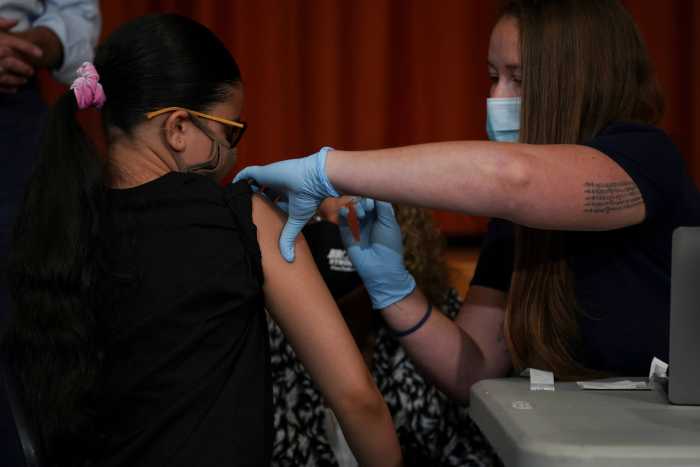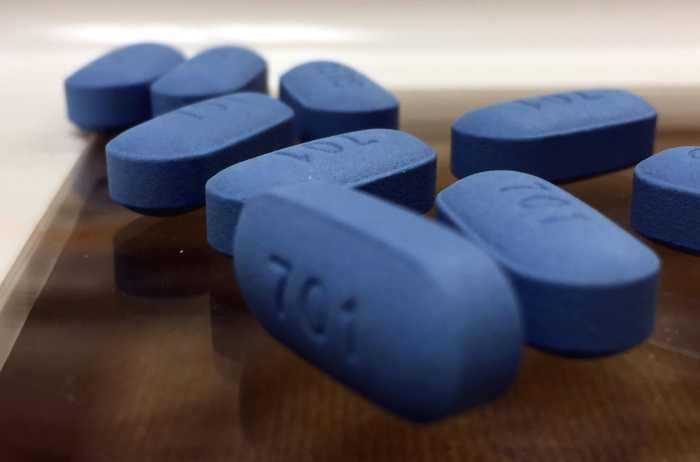In a contradiction of federal recommendations, Florida’s Department of Health published guidance on April 20 warning against gender-affirming care for trans youth.
A press release issued by the Florida Health Department attempted to dismiss credible evidence presented by the US Department of Health and Human Services (HHS) after the federal government stressed that “early gender-affirming care is crucial to overall health and well-being as it allows the child or adolescent to focus on social transitions and can increase their confidence while navigating the healthcare system.”
The guidance from HHS also outlined the different forms of gender-affirming care and the appropriate ages for each form of care, but Florida’s Department of Health blasted the federal government and insisted that there is not enough evidence to support such care. Despite that claim, the recommendations provided by HHS feature nearly a dozen sources to support the guidance.
Instead, Florida issued its own guidance saying that no minor should be prescribed puberty blockers and that social gender transition and gender-affirming surgery “should not be a treatment option for children.”
State Surgeon General Joseph Ladapo issued a public statement on April 20 accusing the federal government of “injecting political ideology into the health of our children,” despite the fact that medical experts ranging from the American Medical Association to the American Academy of Pediatrics have endorsed gender-affirming care.
“The federal government’s medical establishment releasing guidance failing at the most basic level of academic rigor shows that this was never about health care,” Ladapo said. “Children experiencing gender dysphoria should be supported by family and seek counseling, not pushed into an irreversible decision before they reach 18.”
The state’s guidance, however, is non-binding, and the US Department of Justice on March 31 sent a letter to attorneys general across the nation to remind them that transgender youth have a right to gender-affirming care. Still, many are nonetheless sounding alarms about the dangers of spreading misinformation about LGBTQ youth and healthcare at a time when Governor Ron DeSantis has widely been rumored to be a potential presidential candidate in 2024.
“Once again, Governor Ron DeSantis seeks to replace science and the safety of young people with political propaganda,” Equality Florida, a statewide LGBTQ advocacy group, said in a written statement. “The guidance demonizes life-saving, medically-necessary care, and asserts that the government, not parents, knows best when it comes to health care for our kids. DeSantis wants government to intrude into doctors’ offices to pander to extremists in service to his ambitions.”
The state’s latest attack on trans youth follows a similar development in Texas, where Governor Greg Abbott tried to investigate families of trans youth receiving gender-affirming care. A judge subsequently halted that directive.
Meanwhile, the DeSantis administration and Republican state lawmakers have continued to target LGBTQ youth in other areas. In March, the state passed a notorious bill barring classroom discussions of sexual orientation or gender identity. While that law was directed at kindergarten through third grade classes, it also included a vague provision saying such discussions would also be barred among other grades if it is deemed ”not age appropriate or developmentally appropriate for students in accordance with state standards.”
That law gained further controversy when Disney spoke out against it and vowed to halt political donations in Florida, sparking backlash from DeSantis, who asked state lawmakers to terminate Disney’s longstanding self-governing rights. Lawmakers in the upper chamber voted on April 20 to follow through on DeSantis’ request, though it still must be approved by the lower house.
Among other actions, DeSantis signed a bill on the first day of Pride month last year banning transgender women and girls from playing sports in accordance with their gender identity in middle school, high school, and college.


































